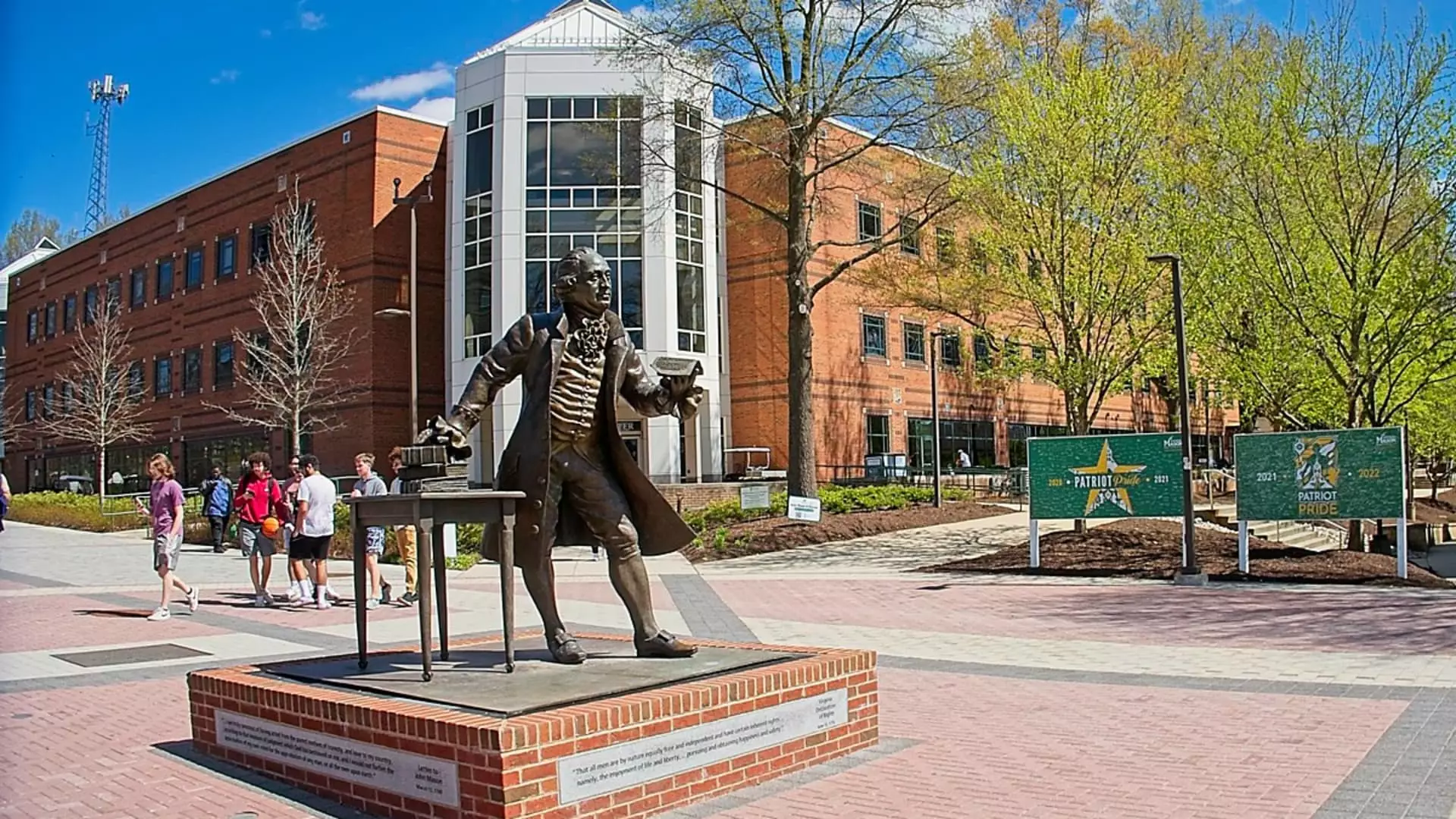In recent months, the federal government has intensified its scrutiny of university diversity initiatives, revealing underlying tensions between ideological aims and the core principles of fairness and excellence. The investigation into George Mason University (GMU) exemplifies how politicized narratives around race, equity, and inclusion can distort institutional priorities. While fostering diversity is a noble pursuit, an overreach driven by political motives risks undermining the very ideals it seeks to enhance—meritocracy, academic rigor, and equal opportunity. The core problem is not the intention behind diversity policies but the manner in which they are implemented and used to justify preferential treatment, sometimes at the expense of qualified candidates.
While promoting a more inclusive environment is crucial, it should not come at the cost of merit-based practices. Policies that explicitly prioritize “underrepresented groups” or grant interviews based more on gender or race than qualifications threaten the foundational integrity of higher education. When universities become battlegrounds for ideological validation, they risk eroding public trust. Merit and individual achievement should remain the bedrock of academic advancement and employment decisions, not tokenism or quotas rooted in ideological loyalty. Universities should aspire to be spaces where diversity exists alongside rigorous standards—not where diversity becomes a pretext for lowering expectations or offering unearned advantages.
The Politicization of Civil Rights Investigations
The Department of Education’s decision to investigate GMU’s hiring practices reflects a broader trend of politicized enforcement of civil rights laws, often aligned with a conservative narrative that criticizes certain diversity initiatives. Such investigations, while seemingly aimed at ensuring fairness, often serve political agendas that view affirmative action and diversity policies as inherently biased or divisive. It’s essential to question whether these probes are genuinely about upholding civil rights or whether they are tools to dismantle forward-looking efforts toward inclusion.
The timing of the investigation, coinciding with the departure of GMU’s first Black president and within the context of other investigations into universities like UVA, raises concerns about the genuine motives behind these actions. These probes tend to emphasize narrow interpretations of legal standards—like Title VI—while disregarding the complex social realities universities aim to address. The focus appears to be less on substantive fairness and more on signaling ideological conformity, which tragically diminishes the critical importance of fostering equitable environments.
Moreover, these investigations often overlook the broader societal benefit of diversity initiatives. Instead, they impose a punitive lens that assumptions about “preferential treatment” are inherently wrong, neglecting the historical and systemic barriers many underrepresented groups face. Fairness is not a zero-sum game; real equity requires nuanced, contextual policies that recognize individual circumstances without resorting to simplistic measures or punitive oversight driven more by politics than principle.
The Risks of Ideological Alignment in Higher Education
Universities like George Mason, traditionally viewed as moderate or conservative-leaning, are becoming battlegrounds for ideological conflicts. The alignment of certain institutions with political conservatives, along with funding from donor bases with specific agendas, complicates the pursuit of impartial academic excellence. The decision to name GMU’s law school after Justice Antonin Scalia and the influx of funding from conservative foundations exemplify how academic institutions are increasingly influenced by external political currents.
While supporting diverse ideological viewpoints is vital for intellectual vitality, the danger lies in allowing certain narratives—particularly those skeptical of progressive diversity policies—to dominate the discourse. This trend can foster an environment where academic debate is stifled, and voices advocating for inclusivity are silenced or viewed suspiciously. The politicization of university policies, especially around sensitive issues like race and inclusion, leaves the door open for misuse, where policies are weaponized to serve political ends rather than genuine educational improvement.
The risk extends beyond individual institutions; it threatens to polarize higher education into ideological enclaves, reducing the richness of academic debate and the capacity for critical self-reflection. Instead of striving for balanced, evidence-based policies that serve all students and faculty equally, institutions are pressured to conform to external political narratives or face sanctions. This produces a chilling effect that hampers the pursuit of truth and biased policy enforcement undercuts the integrity university communities need to thrive.
Balancing Diversity and Excellence in a Liberal Frame
A center-left liberal perspective recognizes the importance of diversity but emphasizes a measured, principled approach that safeguards merit and fairness. Universities should be spaces where diversity is genuinely valued, but never at the expense of excellence. Policies should be developed with a focus on inclusion, equity, and access—aiming to lift marginalized voices without creating perceptions of tokenism or reverse discrimination.
The challenge is navigating the tension between systemic equity and individual achievement. This requires transparent standards that focus on potential and accomplishment, not solely on demographic background. Colleges and universities should implement holistic admissions and hiring practices that consider context,


Leave a Reply